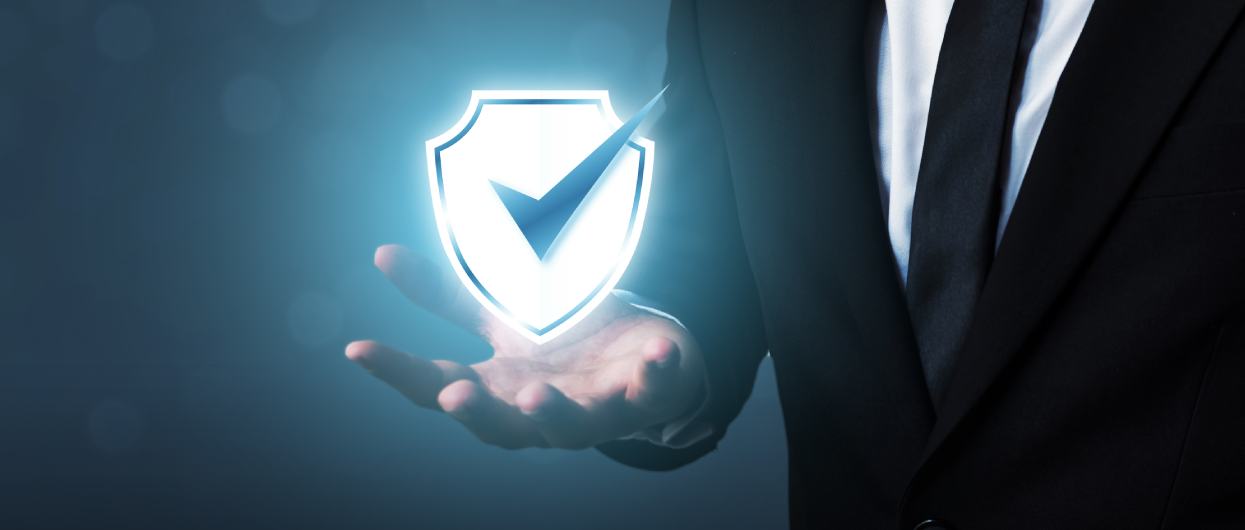Hello!
With each passing moment, the world of tech introduces a new feature of technology. The idea of having improved technology and the exposure to utilize it constructively may sound very appealing.
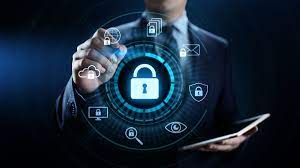 But the negative aspects of it can never be ignored. We all have grown up hearing a famous saying that mere use of technology labels it good or bad. Well, this is true to some extent.
But the negative aspects of it can never be ignored. We all have grown up hearing a famous saying that mere use of technology labels it good or bad. Well, this is true to some extent.
Specifically, when we talk about digital progress and positive up-gradation, the drawbacks are continually growing along. Apart from technology being beneficial in carrying out multiple tasks with immense ease, it had become a significant threat to the user’s privacy and security.
In the past few months, where covid-19 has pushed people to work remotely, relying upon modern technology and digital devices, data breaching, and hacking rates have increased tremendously.
In a continuous race to surpass the competitors, almost all social media platforms and websites face a constant threat regarding their privacy and security.
While you might have much protective software and VPN installed on your PC, do you know if it’s even helping you with the intended purpose?
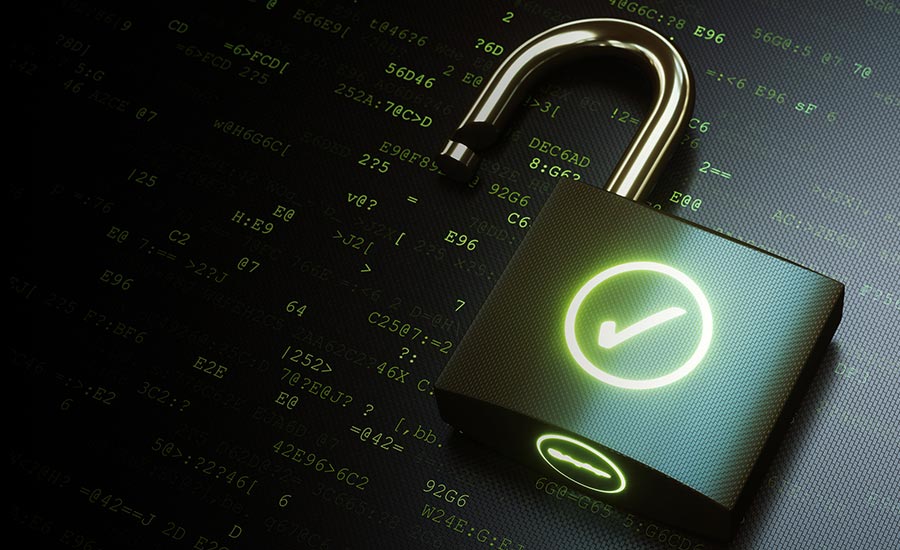 Most of you might be working with the belief that these software’s work automatically without any configuration. Well, this is not how you can protect your personal information. Instead, even these protective software and antivirus need to be set and configured according to our requirement for the best results.
Most of you might be working with the belief that these software’s work automatically without any configuration. Well, this is not how you can protect your personal information. Instead, even these protective software and antivirus need to be set and configured according to our requirement for the best results.
However, to counter the ongoing risk, we have brought down several ways by which you can build a strong security and privacy setup. A helping guide, including specific steps to perform your security checkup, is as follows:
1. Use Reliable Security Software
Since reliability talks about whether the software does the work, it is intended to do or not, and you must wisely choose. Specifically, it is extremely important to make sure if your selected software is serving you in the way it promises to function when it comes to security software.
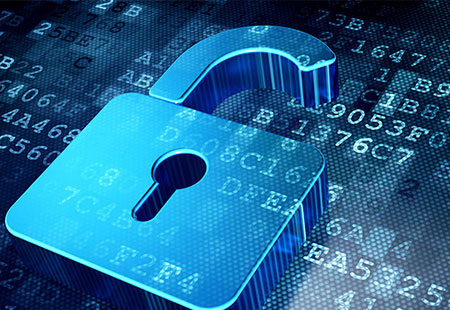 For this purpose, the analysis begins with questioning how you came across a particular protective software. Whether you installed it on some recommendation or saw a campaign regarding it or if it was due to your prior experience with the same company.
For this purpose, the analysis begins with questioning how you came across a particular protective software. Whether you installed it on some recommendation or saw a campaign regarding it or if it was due to your prior experience with the same company.
To further confirm the authenticity, it is advised to visit PcMag. This particular website has all authentic reviews regarding each security software, many VPNs, parental controls, and whatnot. If any of the slightest risks are found in the software’s protective properties, the rating is assigned as per the functionality to help you choose software as per your requirement.
2. Keep An Updated Version Of Antivirus
Moving a little back in time, when we had no other option except for the antivirus software for our data protection, people only had to keep the best version to remain safe.
The current antivirus scans simple files to identify a fixed pattern of threat and eliminate it further. But considering the present circumstances and nature of threats revolving around, there is an urgent need to have an upgraded version of antivirus.
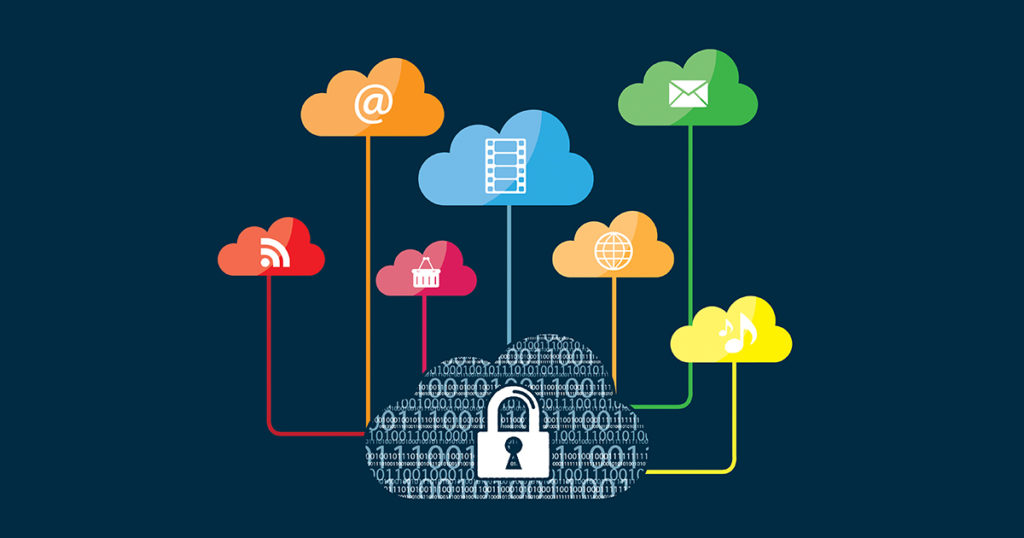 These days the malware is coded in such a different pattern to avoid detection by a simple and old antivirus version. So, there is a dire need to have a modernly built antivirus to detect such malware and ensure your system and data files’ safety.
These days the malware is coded in such a different pattern to avoid detection by a simple and old antivirus version. So, there is a dire need to have a modernly built antivirus to detect such malware and ensure your system and data files’ safety.
However, it would not be wrong if we say that the antivirus programs need to be updated to keep on moving with time along with progressing malware. But wait!
Do you have an updated version of antivirus? If not, you should not wait any longer to get one for your safety. Open your existing program and hit the update button before it gets too late.
3. Double-Check The Anti- Virus
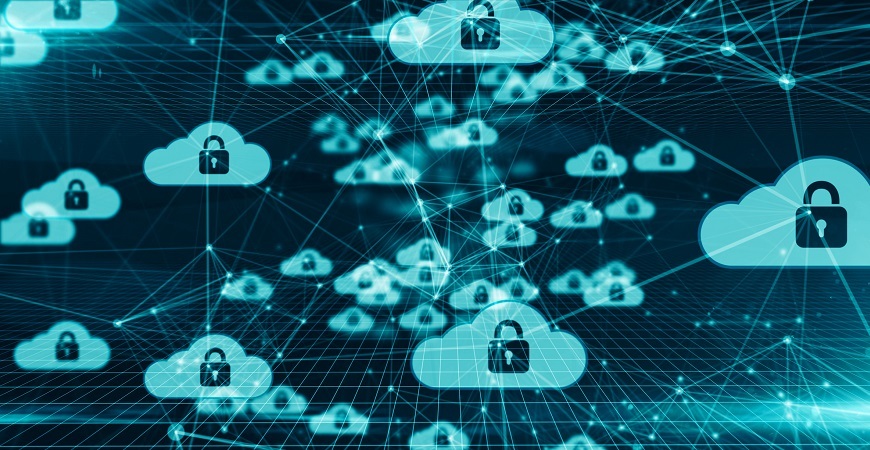 As is the case with other programs, to verify if it functions the way it should, an antivirus software also needs to be checked twice to confirm if it can benefit you in critical situations. After you are done upgrading the program, it is necessary to check the sanity of the antivirus.
As is the case with other programs, to verify if it functions the way it should, an antivirus software also needs to be checked twice to confirm if it can benefit you in critical situations. After you are done upgrading the program, it is necessary to check the sanity of the antivirus.
Checking the performance and detection of software is not an easy task. One should never put the PC at risk by intentionally getting malware to check the version.
That’s where an antivirus test file steps in. To get your hands over such a file, you must need to know about EICAR, which was founded in 1991 for antivirus research to improve its functioning. Visit the EICAR website and try downloading the test file.
If your antivirus restricts that download, it depicts the top-notch functioning, and if not, you need to get your hands over another reliable antivirus for more excellent protection.
4. Get A Verified Vpn
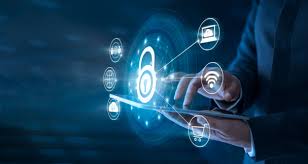 Do you know what happens when you visit a website? In an era, where we get across thousands of websites each day, every one of them sends your IP address for your information.
Do you know what happens when you visit a website? In an era, where we get across thousands of websites each day, every one of them sends your IP address for your information.
It’s not a matter of concern because a website needs it to send back information. The procedure becomes problematic when you visit websites with security errors without VPN.
Typically, when a website sends your IP address, it includes your exact location concerning the city and not many details. But even guessing your state is not a safe option.
In contrast, when you surf through a virtual private network website (VPN) website, the website cannot access your location. Instead, it sees the VPN’s location in use.
The core advantage of using a VPN is to avoid the risk of hackers accessing what websites you are visiting and the personal information you enter along. This poses a severe threat to your information loss, making sure to have a verified VPN ahead.
5. Check Your Mobile Devices
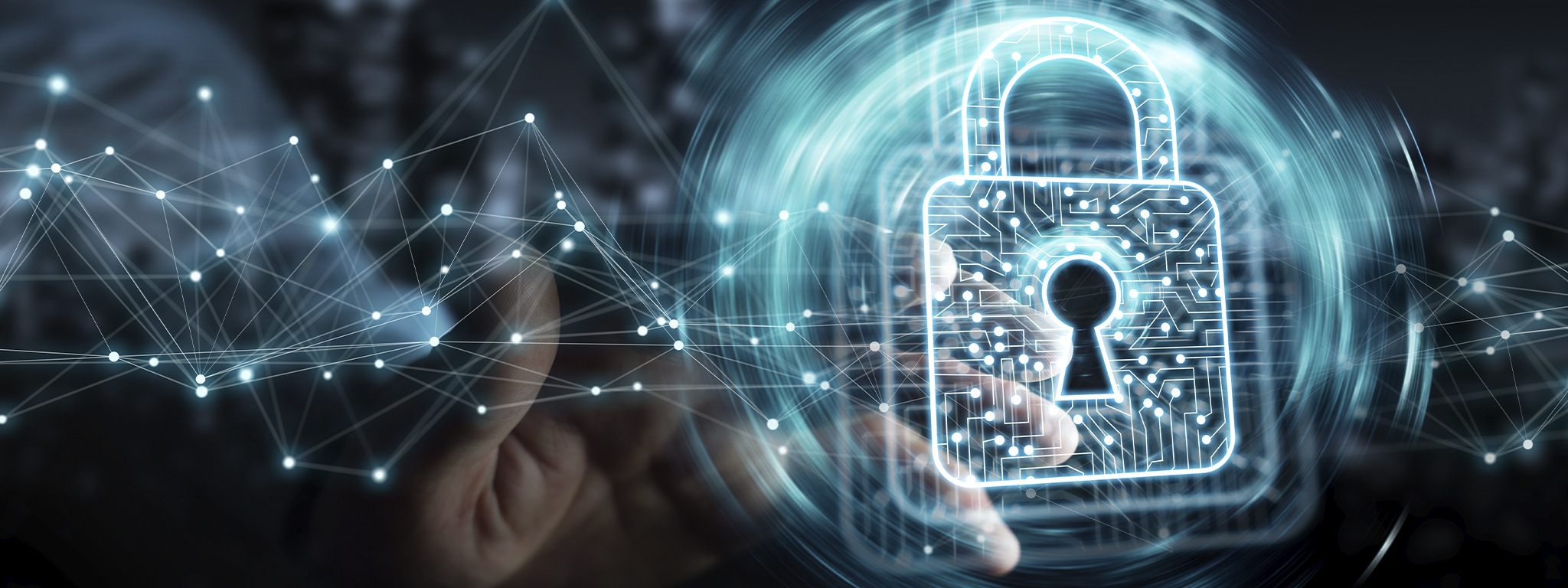 Mobile devices are something that is always on the go whenever we move around. In the current crisis regarding security and safety, mobile theft is another thing but having it along and not knowing how to secure it, needs to be discussed.
Mobile devices are something that is always on the go whenever we move around. In the current crisis regarding security and safety, mobile theft is another thing but having it along and not knowing how to secure it, needs to be discussed.
To protect the mobile phone, you must keep the protective software up to date. Moreover, keep a close eye on open Wi-Fi networks.
Most of such networks work as malware and infect your device with their corrupted data. Along with the connection, we make several downloads without knowing the authenticity.
Some of it might come with a virus that can damage the device. Hence, it is imperative to have protective software along with an eye for identifying safe downloads.
6. Secure Your Passwords
Managing your passwords is another crucial step for having your security checkup. Passwords are there to prohibit others from logging in to your accounts or accessing private information. To refrain others from breaking your passwords is to use a password manager.
This process helps in more strict security and makes you analyze the strength of your existing password. Analyze all your passwords by using a password manager and re-set all of them to have a muscular password strength, which becomes hard to decode.
7. Social Media Security
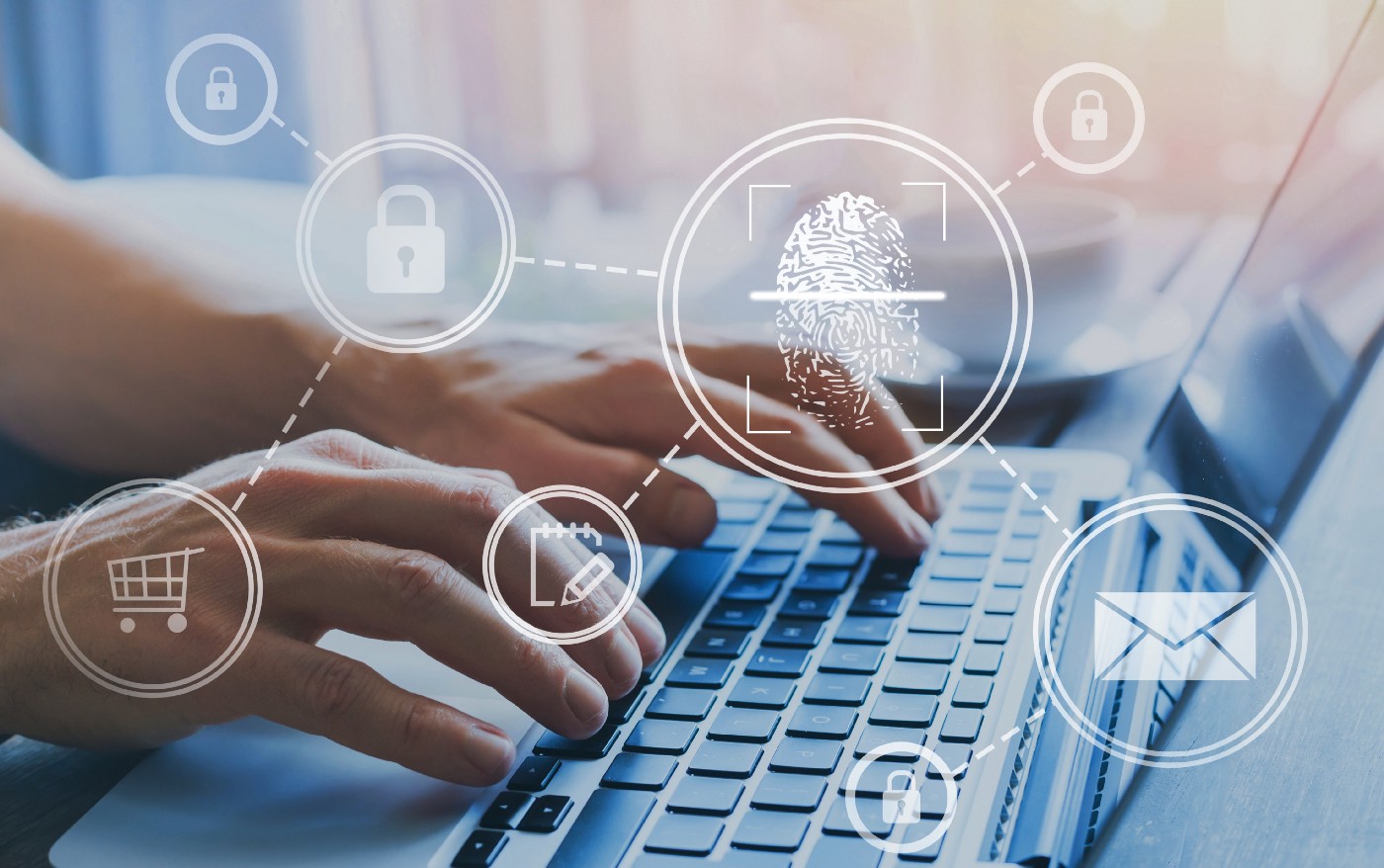 We spend hours of our day surfing through multiple social media applications. We do so without even realizing the threat to our security and loss of access to our accounts. This can undoubtedly occur if you happen to be careless in maintaining security.
We spend hours of our day surfing through multiple social media applications. We do so without even realizing the threat to our security and loss of access to our accounts. This can undoubtedly occur if you happen to be careless in maintaining security.
Primarily, all your posts and related activities must be restricted to your friends, so that no other hacker or suspicious person could see your activity on any of your social media accounts.
If you doubt your setting, navigate through them, and hide your activity from the general public except for your friends. Moreover, it is advised to accept requests only from people you know, else their presence may get threatening for the protection of your account.
However, there is a way to keep an eye over which devices are used to log in to your account. Review the setting occasionally, to see the widgets. If you find any other suspicious activity, you must prefer to get logged out of all those devices. Hence to avoid all these hassles, enable two-step verification for higher security.
8. Pay Attention To Router Setting
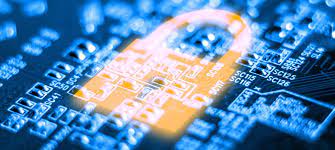 Lastly, it is essential to maintain the security of your home router. Not only, home but your office and academic router as well.
Lastly, it is essential to maintain the security of your home router. Not only, home but your office and academic router as well.
Most of the routers originally come with a default username and password which is most likely to be “admin” for both domains which means that almost everybody can access it and alter the settings. Some new routers come with attached credentials at the router’s back, which are again easily accessible.
For better security, your router username and password have to be unique. Once you are done, look into the encryption method it’s using. If the process is not powerful enough to reject unauthorized access, choose a new and safer encryption method.
Thank you!
Join us on social networks!
See you!

